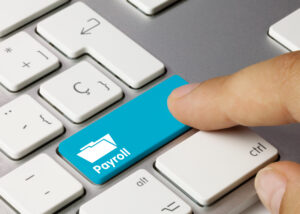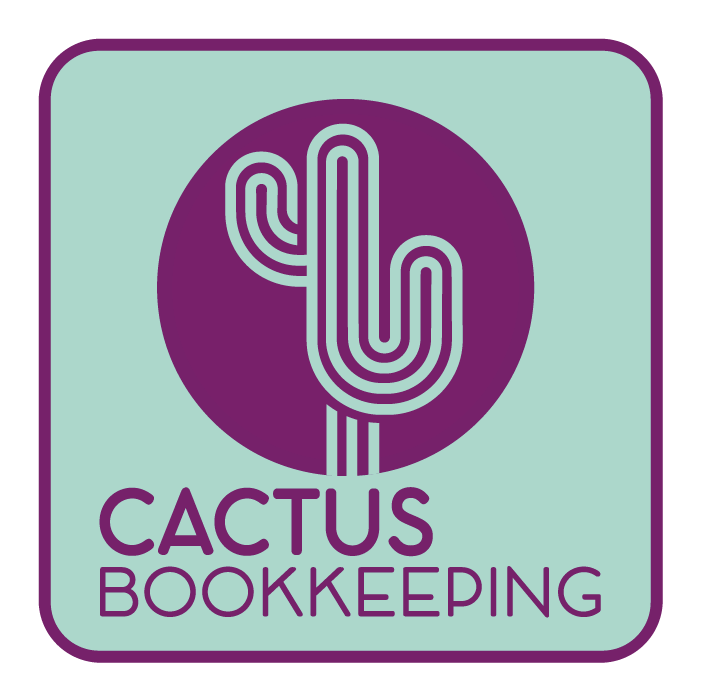Payroll Forms – Which Form and When to Use It

If you are running your own payroll, there are quite a few payroll forms you need to be aware of to ensure tax compliance.
Payslip
An employer must provide an employee with a payslip each payday, and it must show:
- Earnings before and after deductions
- The amount of any deductions, such as tax, National Insurance, and other relevant payroll deductions, as these may change each time a payment is made.
- The number of hours worked, if pay varies depending on the time worked.
P11D Form
Form P11D is used if an employee received any taxable benefits in kind, such as a company car, interest-free loans, or medical insurance, during the year. This form summarizes all the benefits in kind received during the tax year.
- P11D forms must be provided to the employee by 6 July following the end of the tax year (5 April).
P60 Form
The P60 is a summary of an employee’s payslips for the year. It shows the total pay, and the total tax and National Insurance taken from it.
- P60 forms must be given to an employee by 31 May after the end of the tax year (5 April).
- The only circumstance where an employer is not required to issue a P60 is if the employee left employment during the tax year. This is because all the necessary information would have been included on a P45.
P45 Form
A P45 must be issued when an employee has left the company. This document shows how much tax has been paid so far in the tax year (6th April to 5th April).
Starter Checklist
If a new member of staff cannot provide a P45 from a previous job, they will have to complete a Starter Checklist. This form will allow the employer to work out an appropriate tax code to use when paying the new employee for the first time.
If you are unsure about running your own payroll, or it’s just not your thing, book a discovery call to see how I can help with payroll management.


ABOUT SUE
Sue Haynes is the founder of Cactus Bookkeeping and helps business owners
with all aspects of Bookkeeping to save them time so they can concentrate on running their
business. Sue is licensed, regulated and supported by the Institute of Certified Bookkeepers (ICB)
